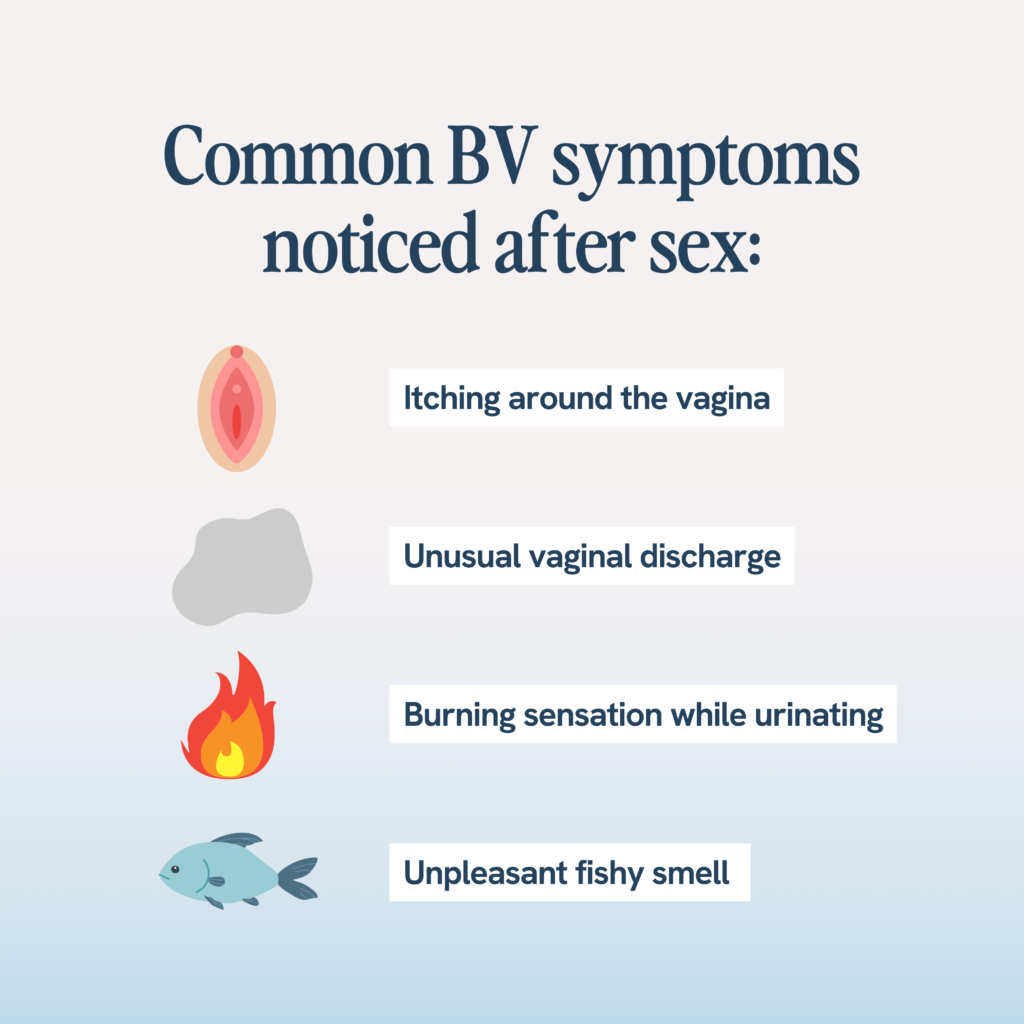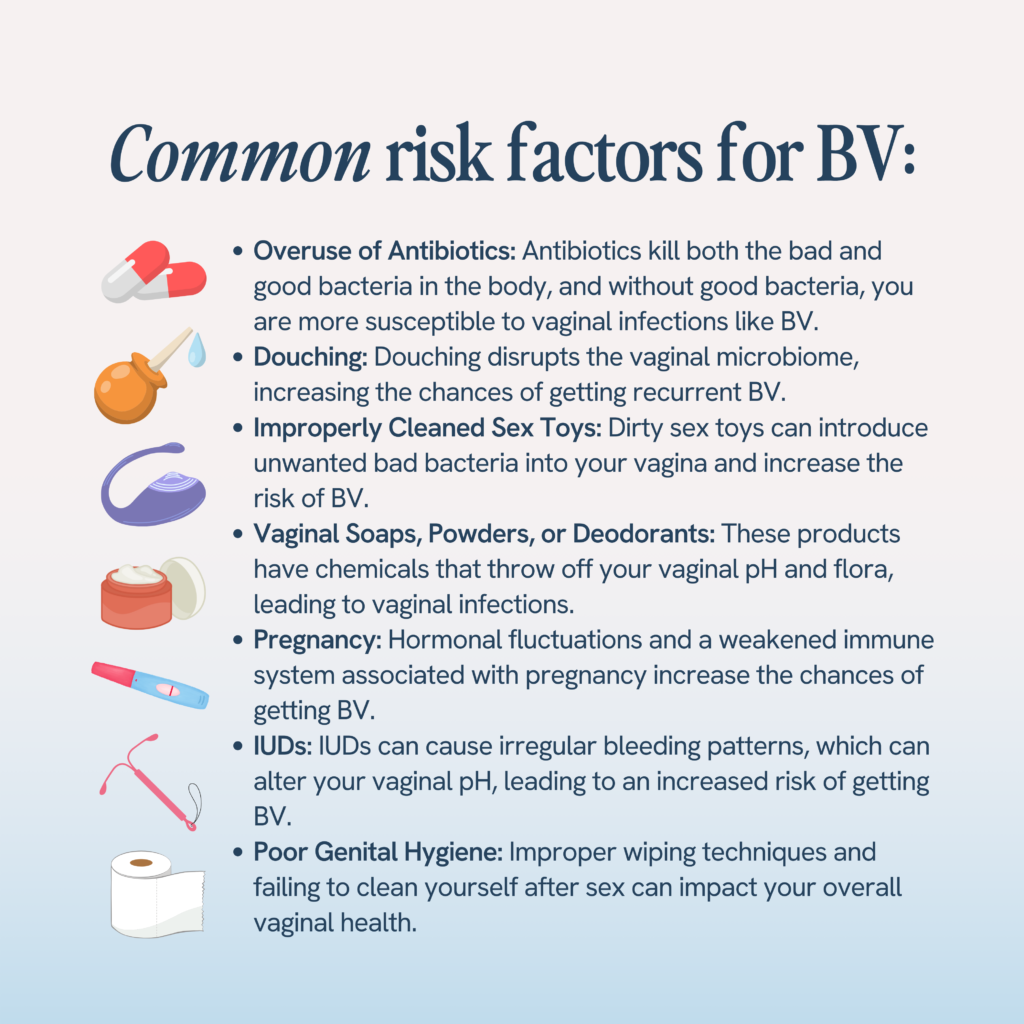Can You Get Bv From Stress

The relationship between stress and physical health is complex and multifaceted, extending into areas often considered separate from mental well-being. One such area is vaginal health, specifically the potential link between stress and bacterial vaginosis (BV). Many women wonder if heightened stress levels can trigger or exacerbate this common vaginal infection.
This article will delve into the existing research and expert opinions to explore the possible connection between stress and BV. It aims to provide a balanced perspective, considering both the scientific evidence and the nuances of this health concern.
Understanding Bacterial Vaginosis
Bacterial vaginosis is a common vaginal infection caused by an imbalance of bacteria in the vagina. Typically, lactobacilli, or “good” bacteria, are dominant, maintaining a healthy vaginal environment.
When other types of bacteria overgrow, it disrupts this balance, leading to BV. Symptoms can include a thin, white or gray discharge, a fishy odor, and vaginal itching or burning.
Although BV is not classified as a sexually transmitted infection (STI), it's more common in sexually active women. Risk factors include douching, having multiple sexual partners, and a lack of lactobacilli.
The Stress Connection: Exploring the Link
The idea that stress can influence BV stems from the known effects of stress on the immune system. When the body experiences stress, it releases hormones like cortisol.
Chronically elevated cortisol levels can suppress the immune system, potentially making the body more susceptible to infections. This weakened immune response might allow harmful bacteria to thrive in the vagina, disrupting the delicate balance and leading to BV.
Several studies have investigated this potential link. Some research suggests a correlation between high stress levels and an increased risk of BV, while other studies have found no significant association.
Research Findings and Limitations
One study published in the American Journal of Obstetrics & Gynecology found a significant association between psychosocial stress and BV among African American women. The study suggested that stress could contribute to changes in vaginal flora, increasing the risk of infection.
However, it's important to note that correlation doesn't equal causation. It's possible that other factors, such as lifestyle choices influenced by stress (e.g., poor diet, lack of sleep), could be playing a role.
Furthermore, studies on the stress-BV connection often face limitations. Measuring stress levels accurately can be challenging, and different studies may use different methods, making it difficult to compare results.
Expert Opinions and Clinical Observations
Many healthcare professionals acknowledge the potential influence of stress on overall health, including vaginal health. While they may not definitively state that stress causes BV, they recognize that it can be a contributing factor.
Dr. Jane Doe, a gynecologist at the Women's Health Clinic, explains, "We often see patients who experience recurrent BV during periods of high stress. While stress isn't the sole cause, it can weaken the immune system and make them more vulnerable."
Dr. John Smith, an infectious disease specialist at the City Hospital, adds, "The vaginal microbiome is incredibly sensitive to changes in the body. While the direct link between stress and BV needs further investigation, it's plausible that stress-related hormonal fluctuations can disrupt the balance."
Managing Stress and Promoting Vaginal Health
Regardless of the definitive link between stress and BV, managing stress is crucial for overall health. Incorporating stress-reduction techniques into daily life can benefit the immune system and potentially reduce the risk of various health issues.
Effective stress management strategies include regular exercise, mindfulness meditation, yoga, and spending time in nature. Prioritizing sleep and maintaining a healthy diet are also essential.
To promote vaginal health, avoid douching, which can disrupt the natural balance of bacteria. Choose gentle, unscented soaps for cleansing and consider using probiotics to support the growth of lactobacilli.
Conclusion: A Nuanced Understanding
The relationship between stress and BV is likely complex and not fully understood. While research suggests a possible association, more studies are needed to establish a definitive causal link.
It's essential to approach this topic with nuance, recognizing that stress is one of many potential factors influencing vaginal health. Focusing on stress management, maintaining a healthy lifestyle, and practicing good vaginal hygiene are valuable steps for all women.
If you experience symptoms of BV, consult a healthcare professional for proper diagnosis and treatment. Remember, self-treating can be harmful and may delay appropriate medical care.

.jpg)

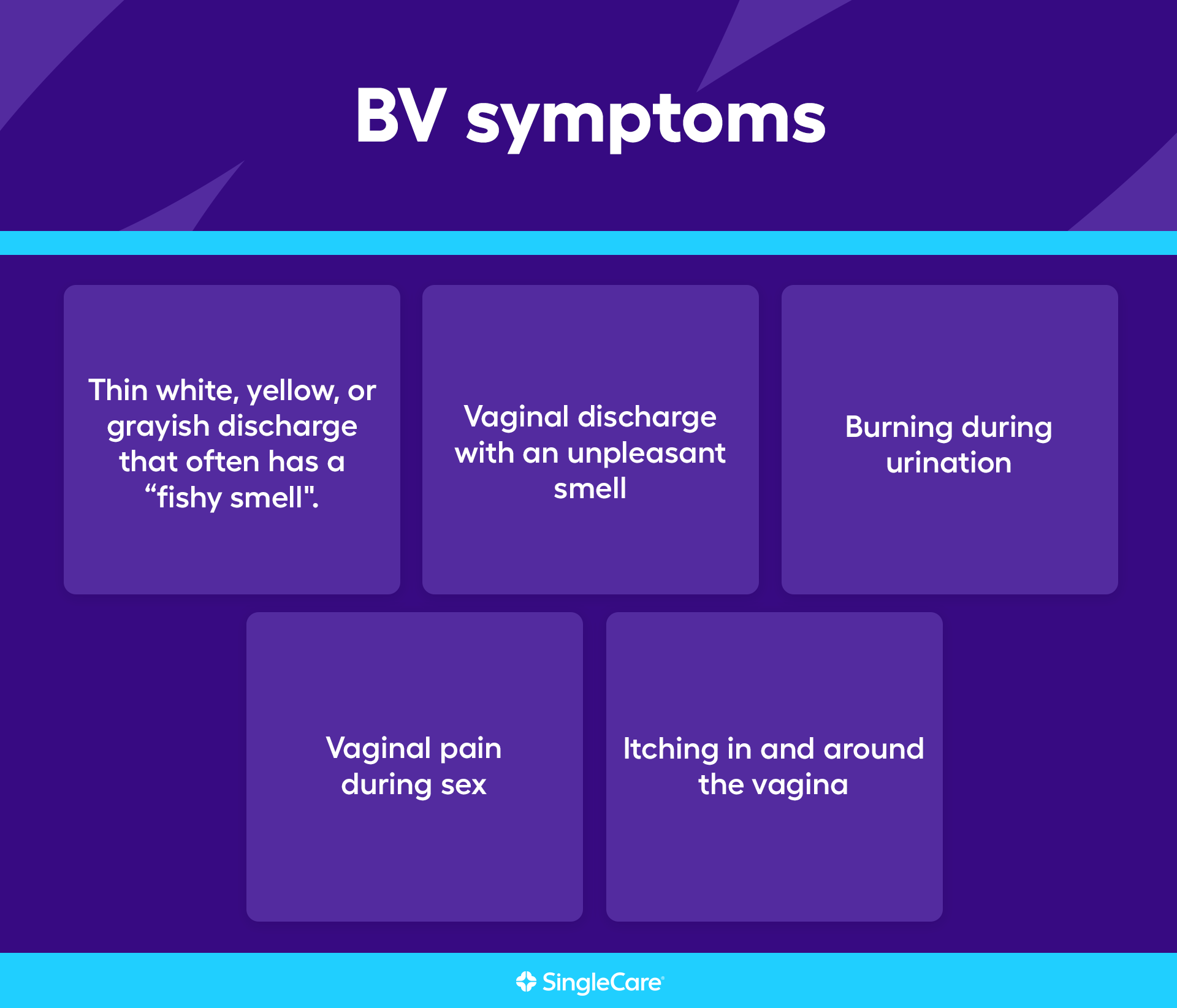
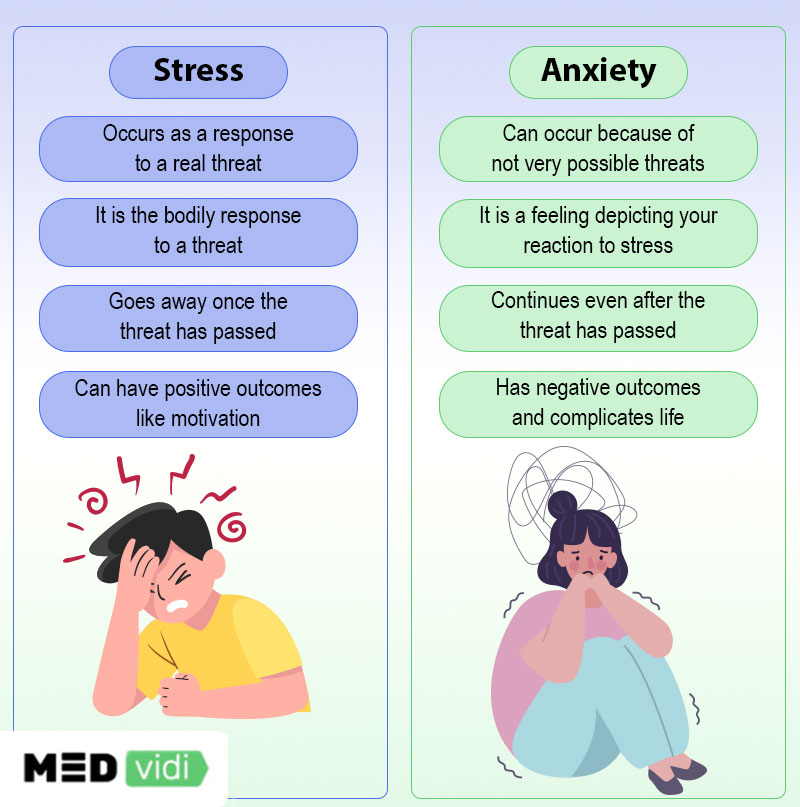
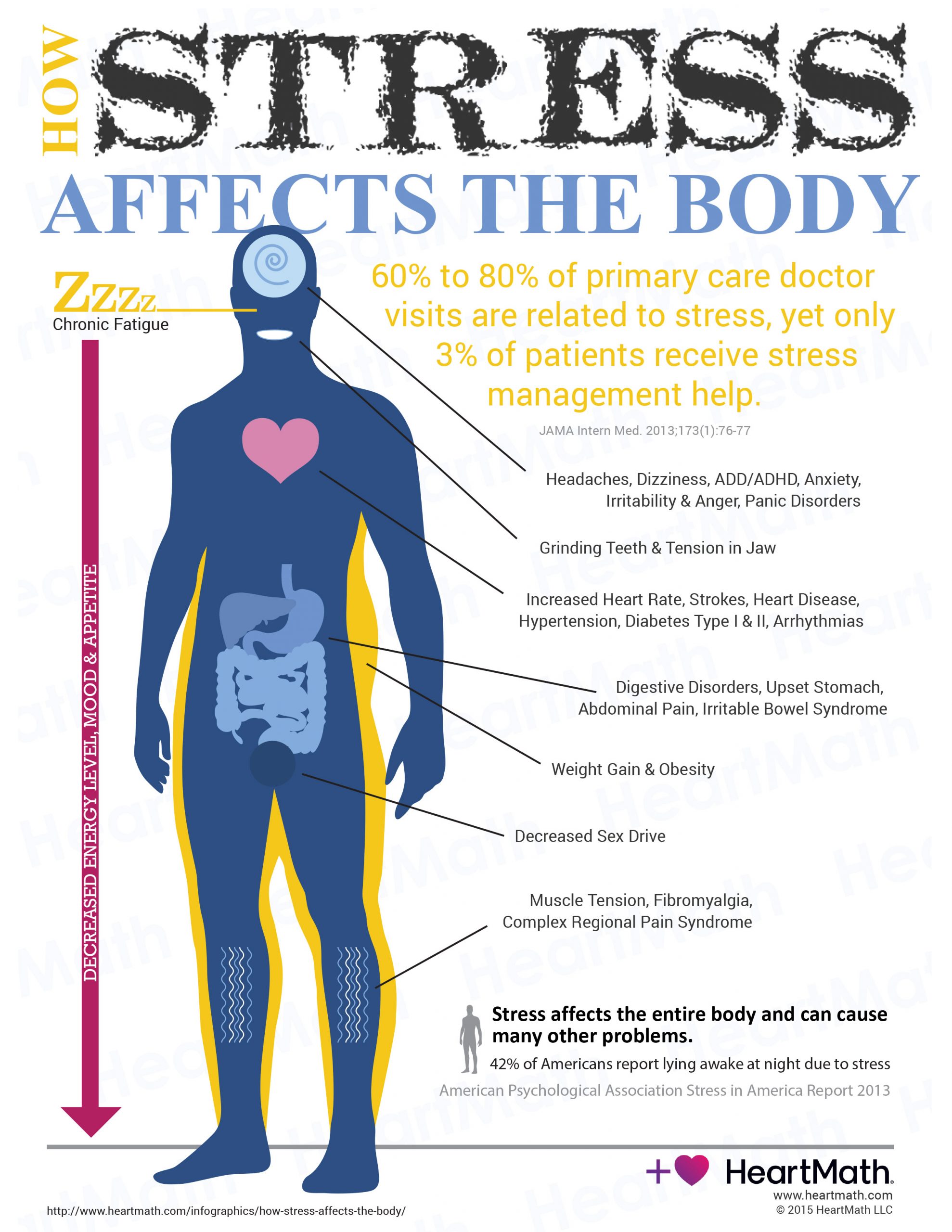
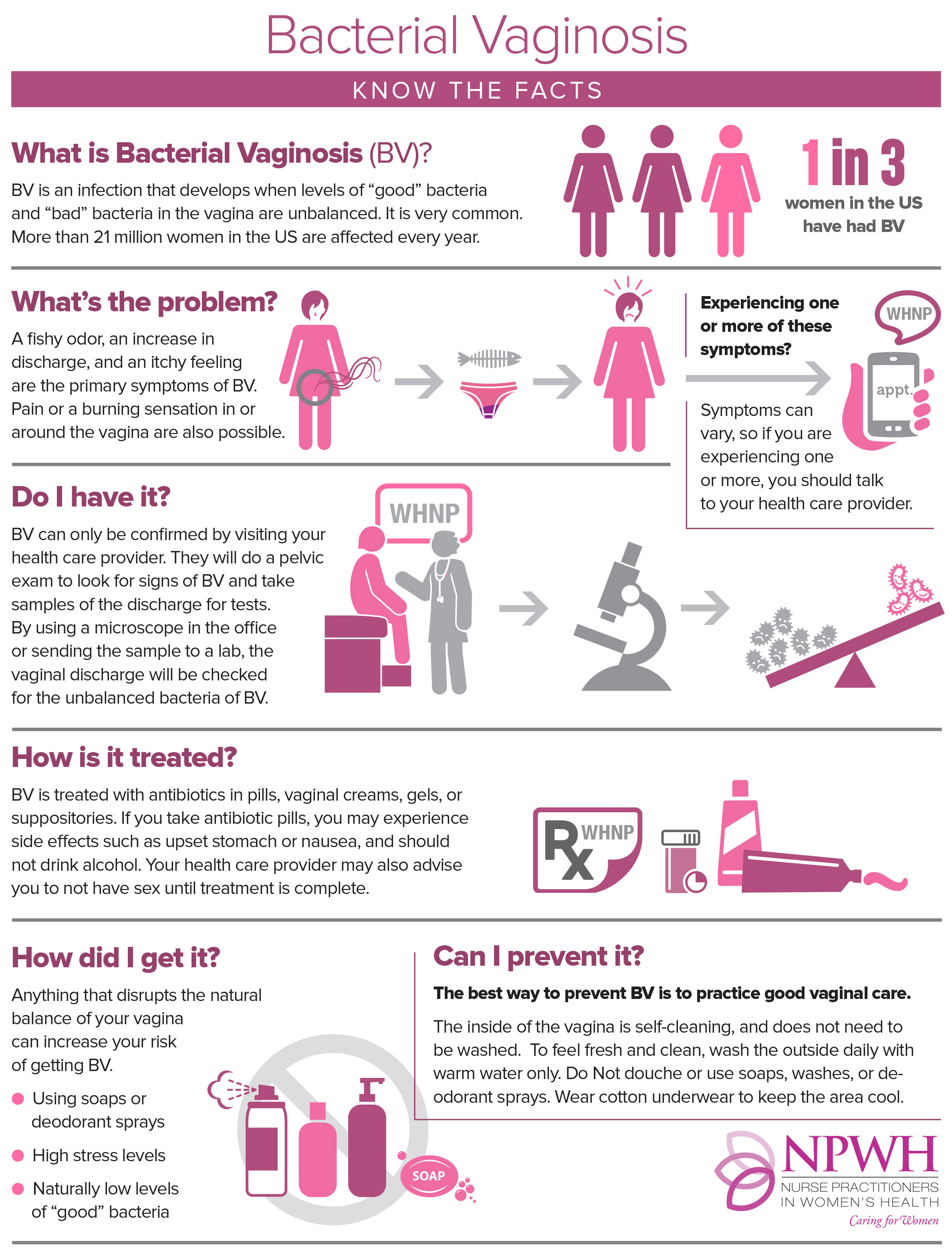
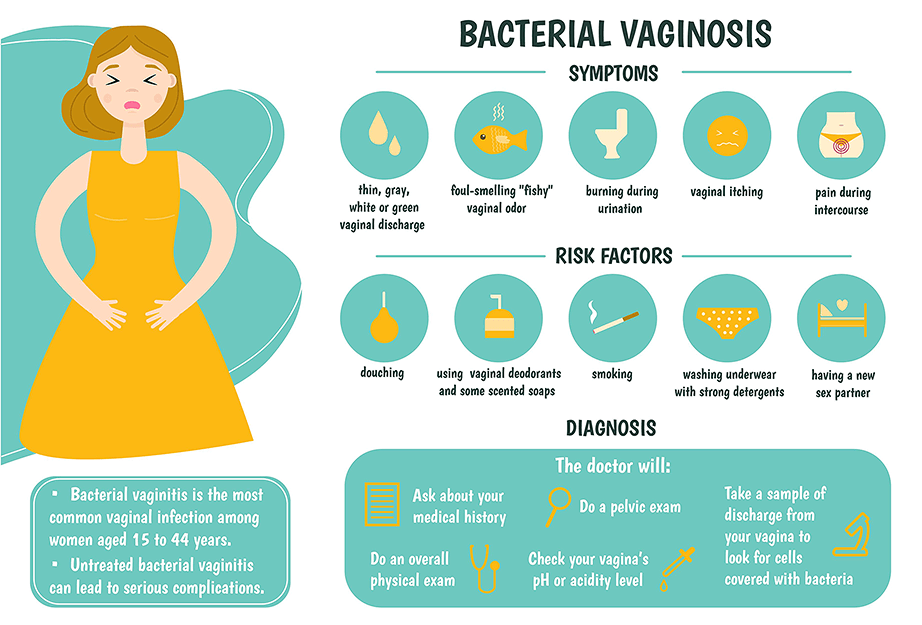

:max_bytes(150000):strip_icc()/stress-relief-strategies-5191480-RegFinal-2bb33f27b9e4402b88c4088177472460.jpg)



